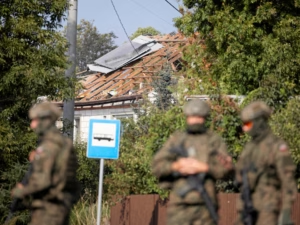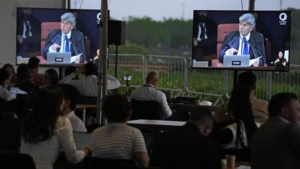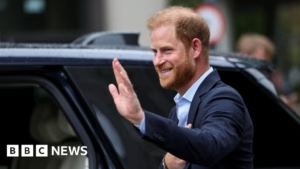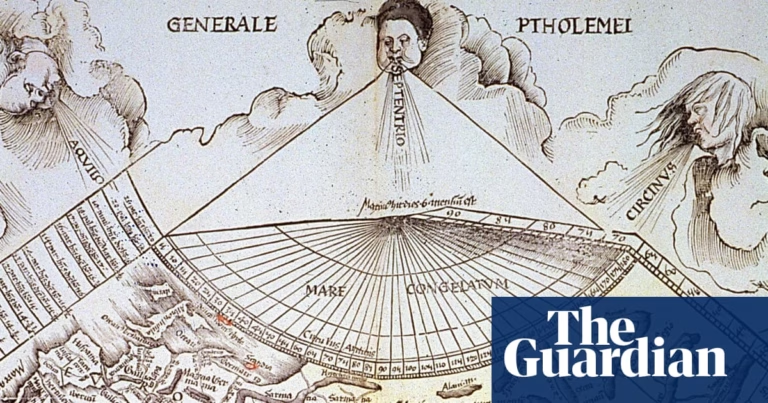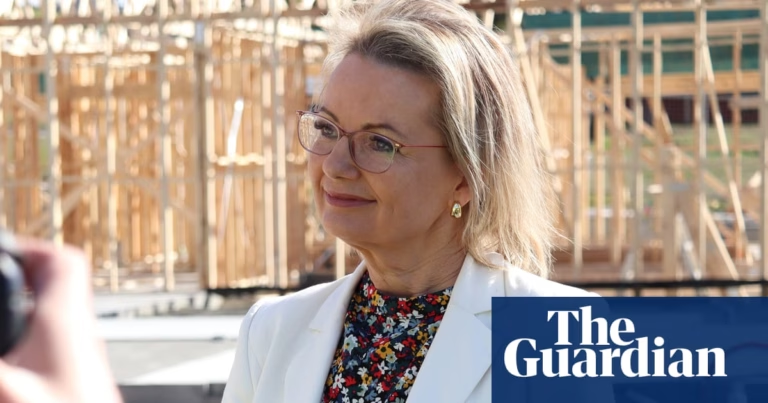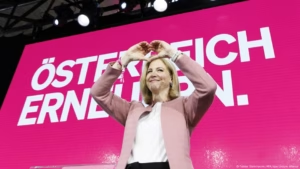A fortnight after Vladimir Putin’s invasion of Ukraine, the EU leaders gathered at Versailles and condemned Russia, pledged support to Ukraine, and vowed to take more responsibility for their security. Three years later, EU leaders are under pressure to live up to those promises, with upcoming crisis talks in Brussels. However, tensions are rising with Hungary’s Viktor Orbán calling on the EU to follow Trump’s example and open direct talks with the Russian president, while Slovakia’s Robert Fico echoes Hungary’s pro-Moscow view on the Ukraine war. The Czech Republic may also fall into that category if Andrej Babiš is re-elected prime minister. In light of geopolitical tensions, EU member states are leaning towards “coalitions of the willing” rather than seeking unanimity of 27. Meanwhile, discussions are ongoing about EU defense cooperation fund ideas, proposed to address the need for significant investment in defense spending over the next decade. Despite the challenges, the EU may experiment with new formats to address transatlantic relations, creating coalitions of the willing, even if it poses some political and legal risks.
Source: https://www.theguardian.com/world/2025/mar/02/orban-problem-pushes-eu-towards-coalitions-of-the-willing-on-ukraine-russia

